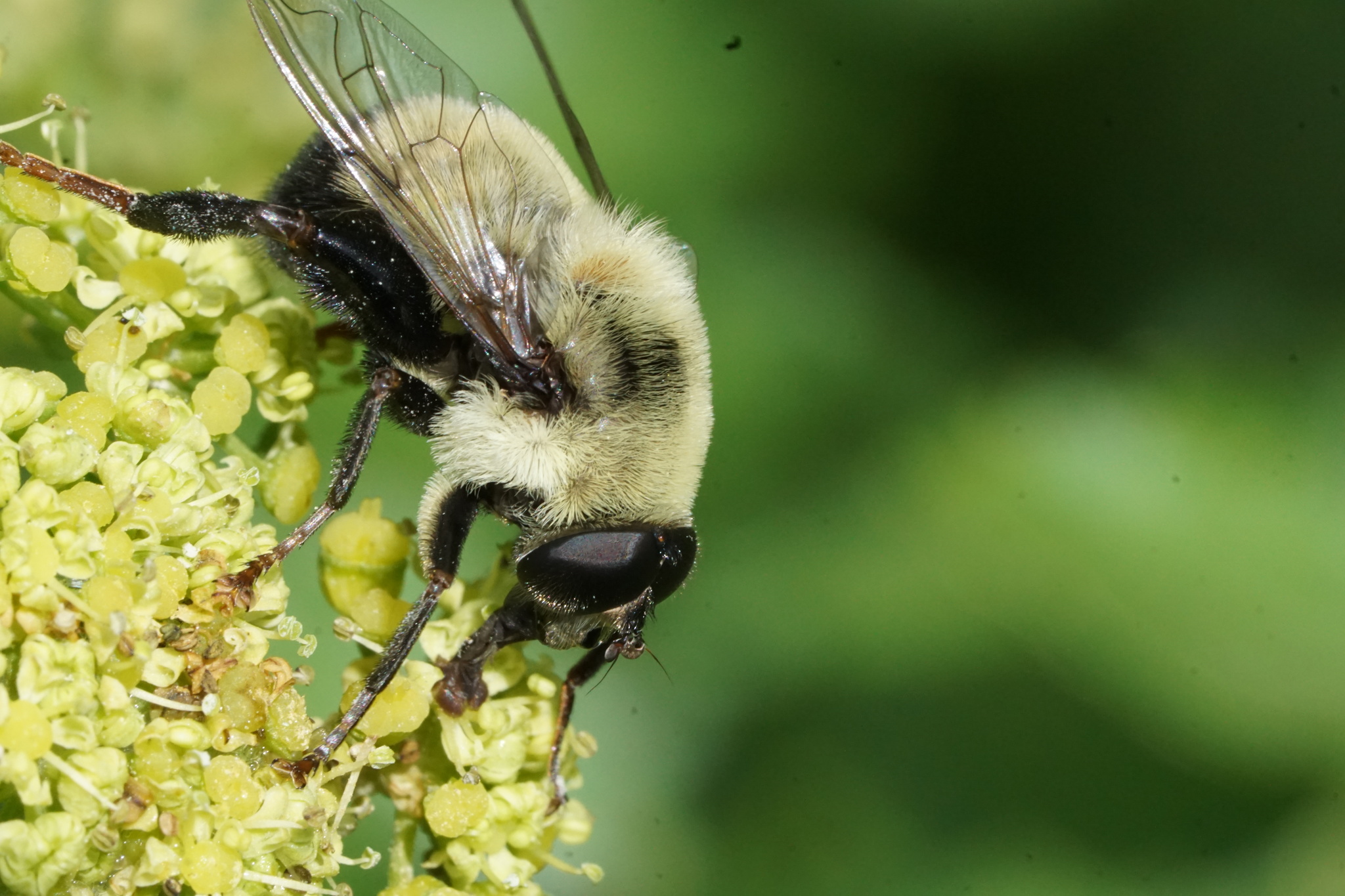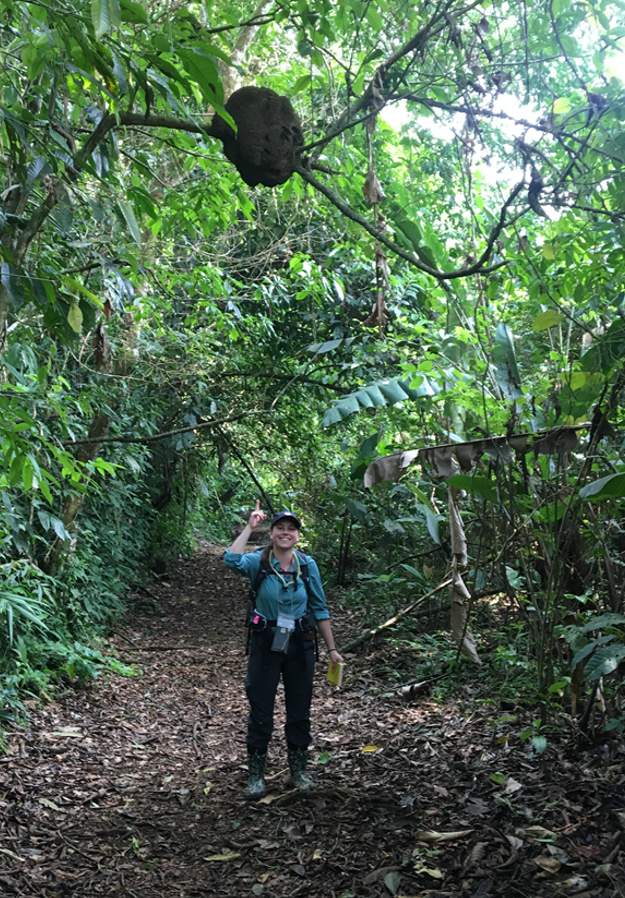Tuesday, March 11th
In-Person Meeting
Virtual Zoom Option
7:30 PM EST
Beyond Sustainable: Floral Resources for Insects on Martha’s Vineyard Farms
Matt Pelikan
Growing out of an ongoing effort to promote sustainable agriculture on Martha’s Vineyard, this three-year pilot project examined the flower-visiting invertebrate community on farms and developed species priorities and cultural methods for plantings aimed at promoting insect diversity. This presentation will summarize the study methods used and the findings that emerged from test plantings and intensive monitoring on eight widely varying farms spread across the Bay State’s largest island.




